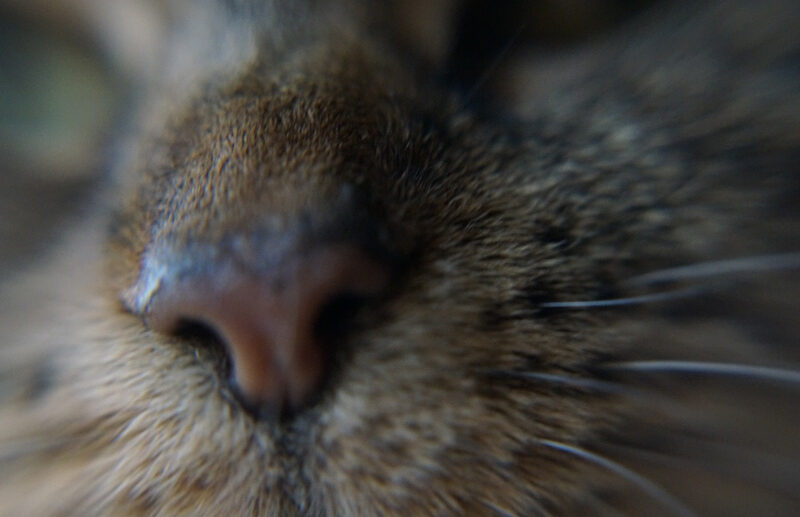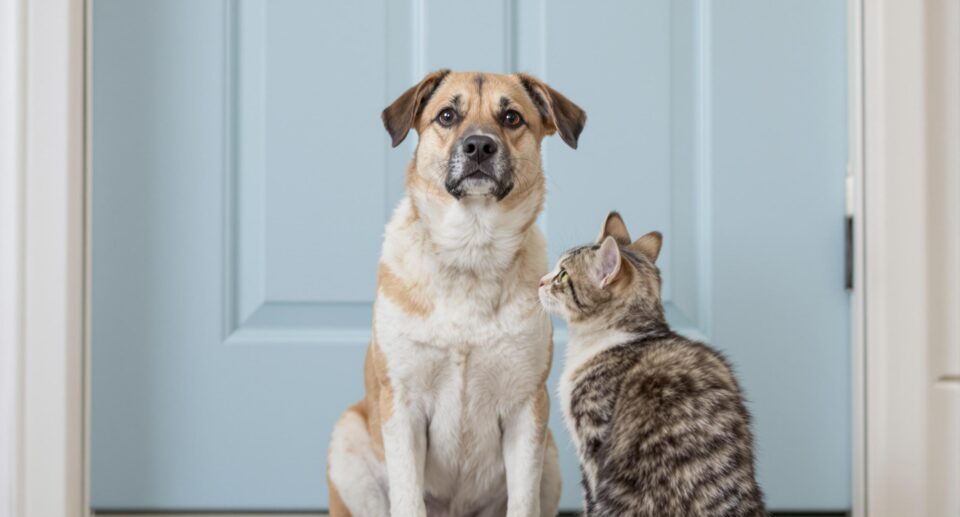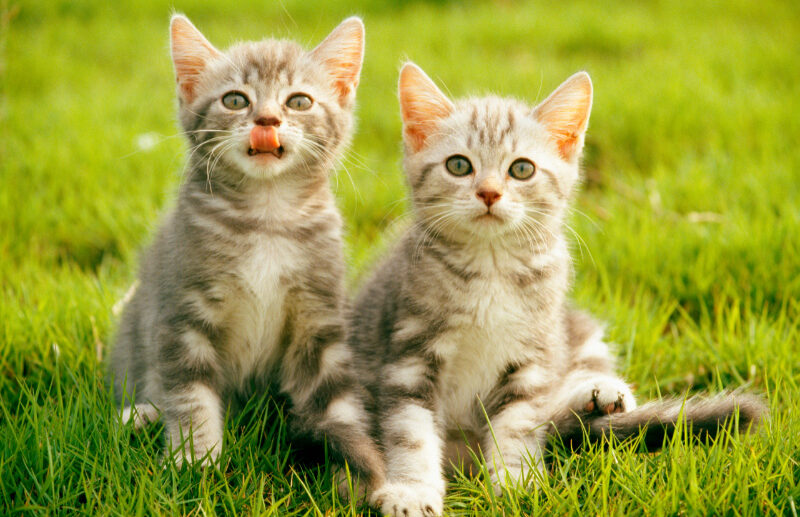What Causes A Runny Nose in Cats?

A healthy cat will have a moist nose clear of discharge or mucus. Sometimes, your cat’s nose will produce extra mucus to flush out dust or pollen, or as the result of an immune system reaction due to allergies or an infection. Learn what can cause a runny nose in cats and when this common symptom becomes a cause for concern.
Symptoms Associated With Runny Nose in Cats
You might notice other symptoms that could provide clues as to what’s causing your cat’s runny nose.
First off, take note of the consistency and color of their nasal discharge. Is it watery? Thick? Yellowish-green? Are there tinges of blood? Also, notice if it’s coming from one nostril or both sides of their nose.
Also, have you noticed any coughing, sneezing , or wheezing lately? Or is a runny nose the only apparent sign of a respiratory tract issue?
Keep an eye on your cat’s appetite and energy level, too. A viral, fungal, or bacterial infection can make your cat feel unwell as a whole, and they may not want to eat or play.
What Can Cause A Runny Nose in Cats?
Upper respiratory symptoms are relatively common in cats. Their sensitive nose is easily irritated by household cleaning chemicals, dust, and pollen. They’re also prone to chronic respiratory issues from asthma, as well as viruses that spread between groups of outdoor cats, animal shelters, and multi-cat homes.
If you occasionally notice clear, watery nasal discharge, or a few dried specks of mucus here and there, it may be caused by irritation. Your cat may have environmental allergies, triggered by dust, mold, mildew, pollen, dusty cat litter, or other household allergens. Persistent symptoms might be asthma, a manageable chronic condition associated with inflammation of the airways.
Any cat can contract a viral or bacterial upper respiratory infection, but those that have not been vaccinated and cats that spend time outside, especially around other free-roaming cats, are at greater risk. URIs in cats are not unlike the common cold in humans, but there can be severe complications, especially for immunocompromised felines, as well as senior cats and young kittens.
Feline calicivirus, caused by a highly contagious virus, causes a runny nose and other respiratory symptoms, along with painful ulcers on the lips and tongue.
Feline leukemia virus (FeLV) is a virus that attacks the cat’s immune system. It’s associated with upper respiratory symptoms, as well as oral ulcers, lethargy, swollen lymph nodes, fever, rapid weight loss, seizures, and secondary infections, and it can ultimately lead to cancer. With treatment, though, many cats clear the virus and do not experience any severe complications.
Feline herpesvirus (FHV, FHV-1) is the most common virus that causes a runny nose in cats. It also causes sneezing, eye discharge, and pink eye. Mild cases can clear up in about a week or two, but some cats develop complications like secondary infections and permanent damage to the nerves and nasal bones.
An unexpected cause of a runny nose is a dental abscess at the root of a tooth, particularly in the upper jaw. The bacteria can spread to the sinus cavities and cause sneezing and thick, yellow-green nasal discharge.
Treating A Runny Nose in Cats
A runny nose is not uncommon for cats, and it’s often nothing serious, but you should still see your veterinarian as soon as possible. Even a mild infection can worsen without treatment and may lead to secondary infections and permanent damage. While you wait to see a vet, keep your cat indoors and isolated from other cats in case it’s a contagious infection.
Your vet may prescribe antibiotics to clear an infection and/or steroids to control inflammation. You can clear discharge with a washcloth and warm water. A cool mist humidifier, used under supervision and filled only with pure distilled water – no essential oils – can also help.
Seek emergency vet care if your cat has difficulty breathing, fever, lethargy, or severe pain or discomfort.





